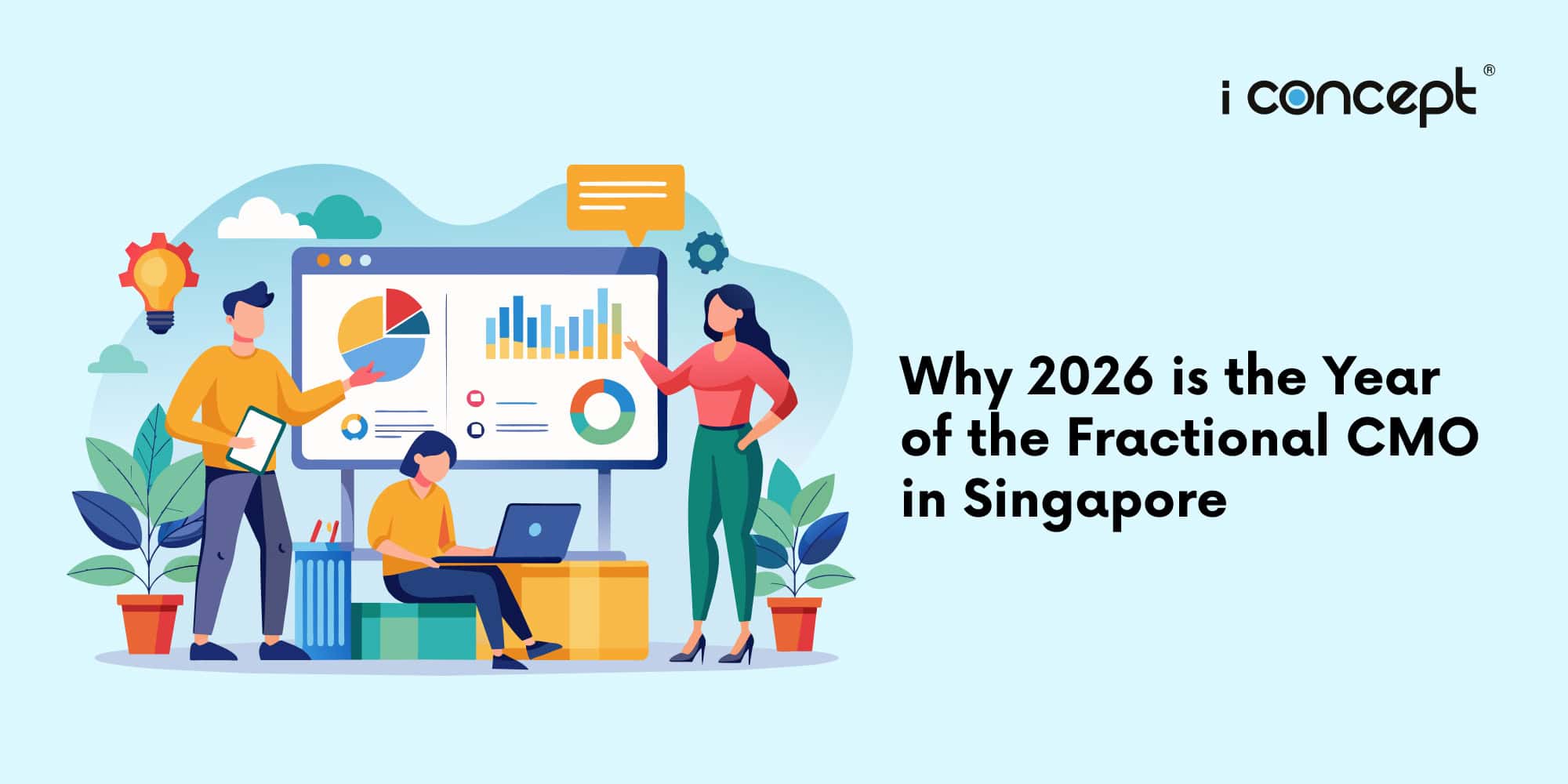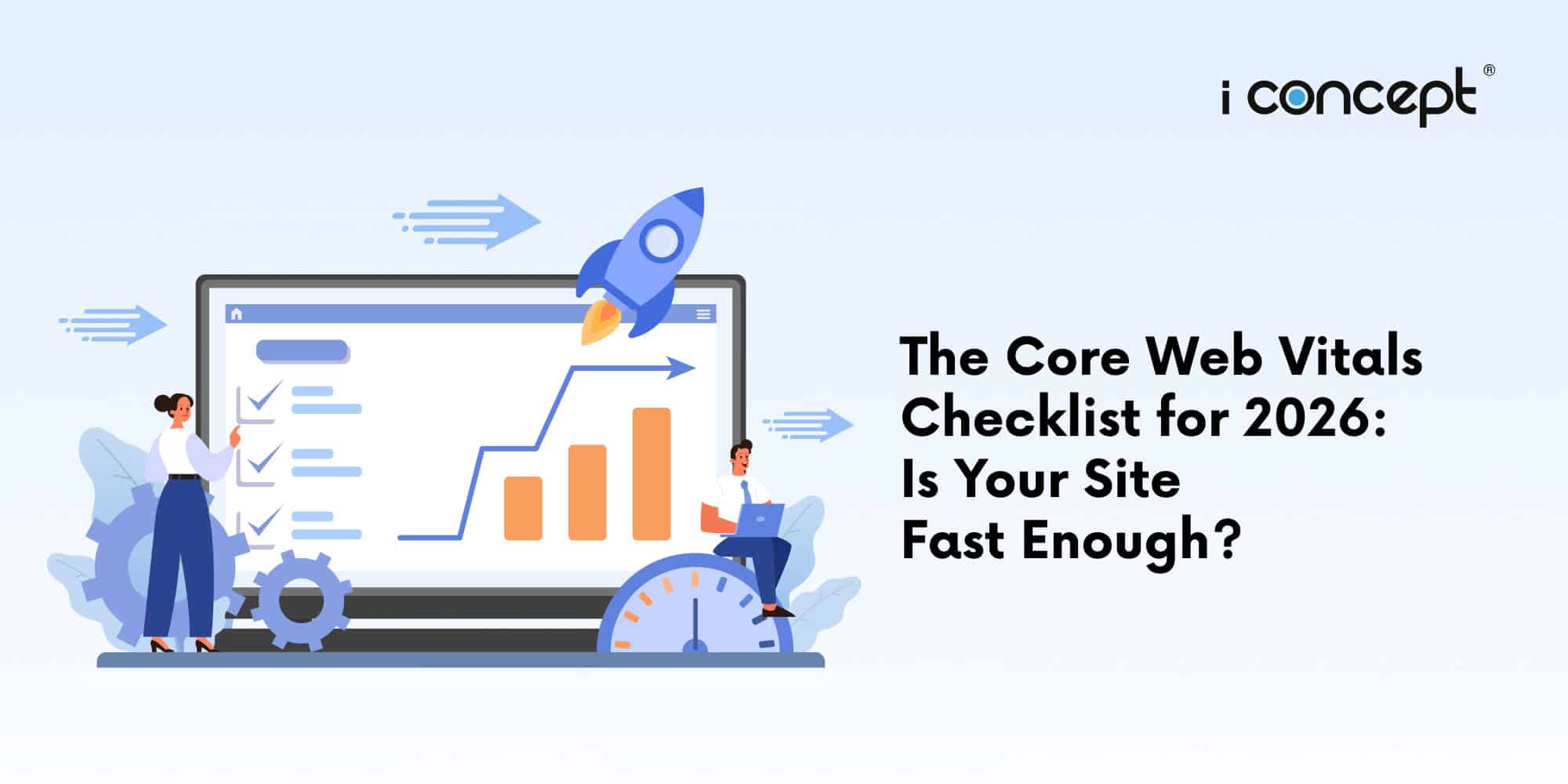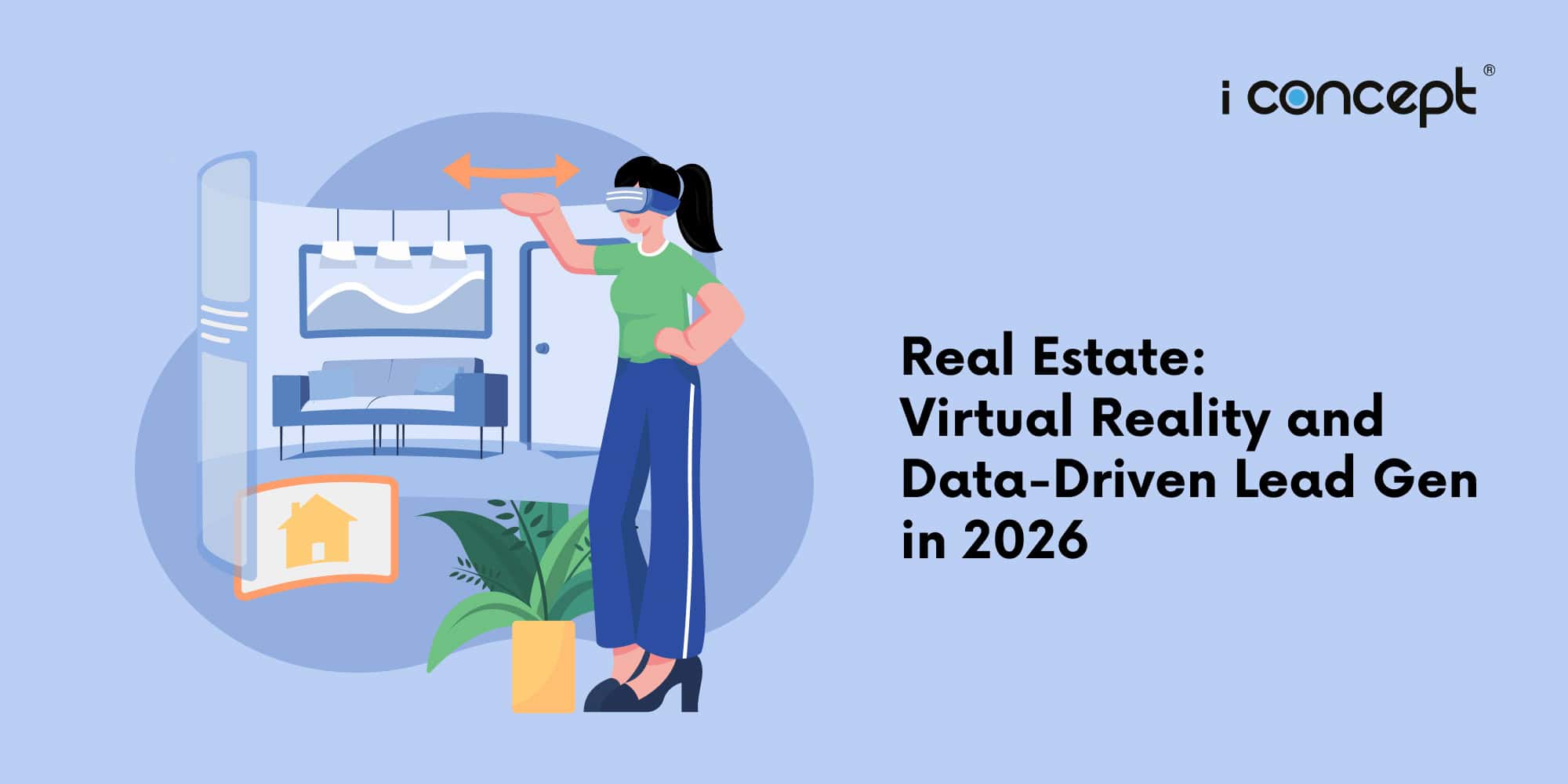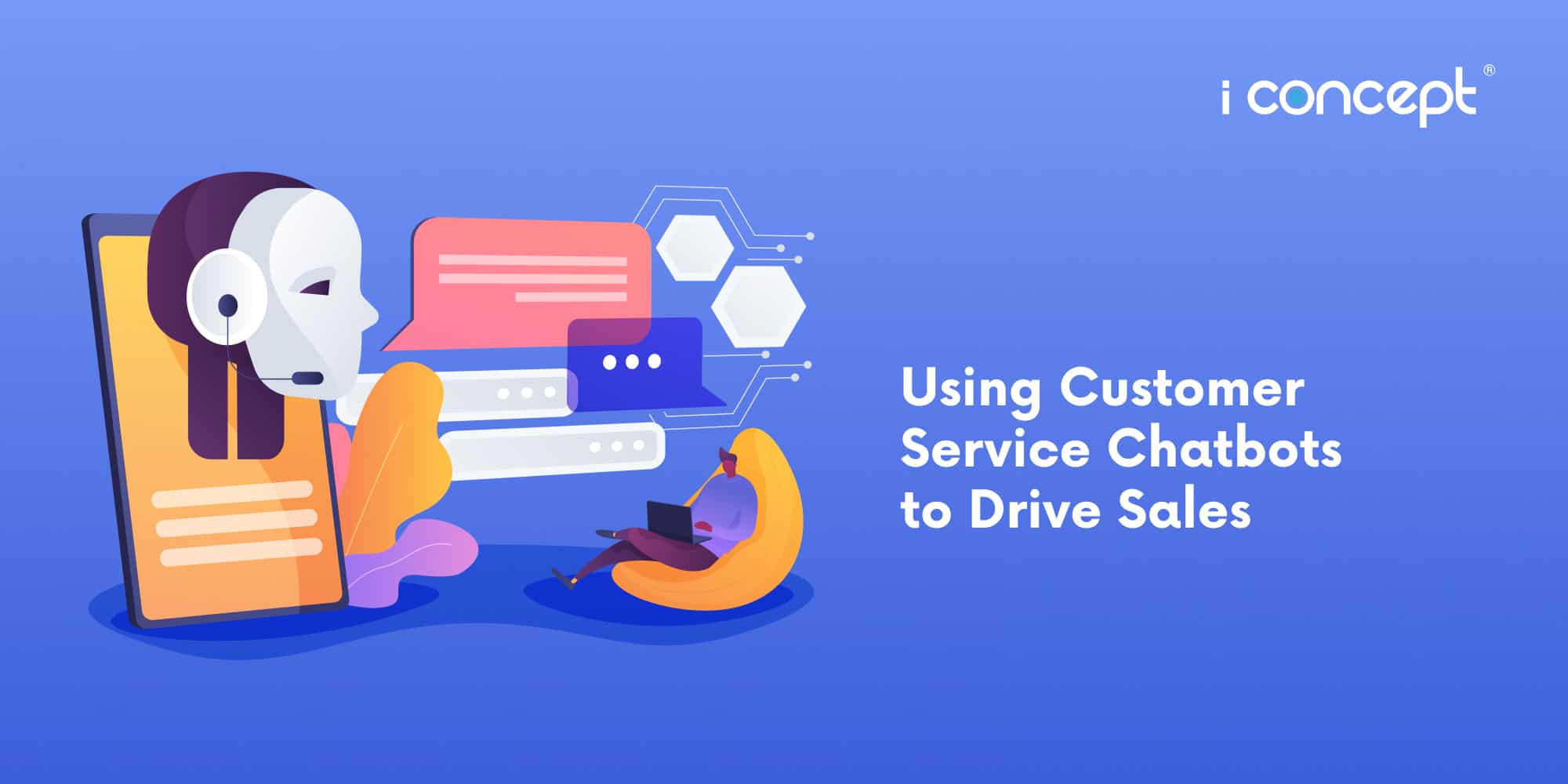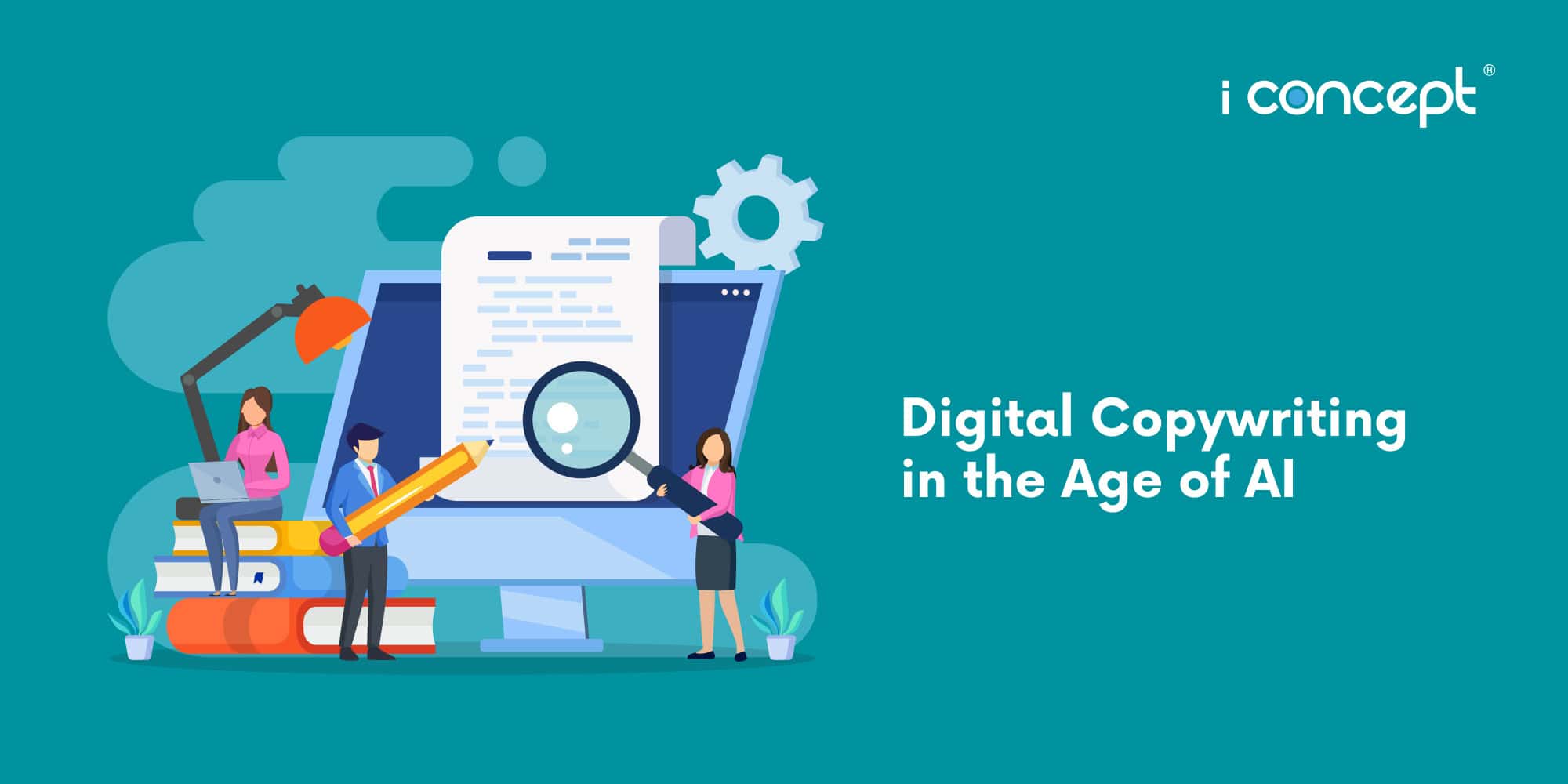In the fast-paced world of ecommerce, staying ahead of the curve is essential for marketers aiming to drive sales, engage customers, and foster brand loyalty. The ecommerce landscape is constantly evolving at the speed of culture, influenced by ever changing consumer behaviour, technological advancements, and market dynamics.
Contrary to popular beliefs, ecommerce is not a 21st Century phenomenon. Its origins date back to as early as the 1970s in the form of teleshopping, and only in the 1990s, more companies like Amazon began their foray into the relatively unknown world of ecommerce. However, ecommerce only truly took off in recent years, with COVID-19 playing a significant factor for its rise in popularity.
Since then, ecommerce has drastically altered the global marketplace and in 2022, ecommerce became a US$4.2 trillion industry. To succeed in this competitive arena, marketers must keep an eye on emerging trends that can reshape their strategies and give them an added advantage. In this article, we will explore some of the latest ecommerce trends that every marketer should know.
Mobile Commerce
The rise of smartphones has transformed the way people shop online. Mobile commerce alone dominates 73% of ecommerce market share in 2023, and therefore can no longer be considered an option but a necessity for ecommerce businesses to thrive. To cater to mobile commerce requirements, marketers need to ensure that their websites are optimised to be mobile-friendly, with responsive design and fast load times.
For a more seamless shopping experience, I Concept Singapore is your choice digital agency that customises ecommerce development and design to your needs. What’s more, SMEs in Singapore can enjoy up to 50% subsidy with the Productivity Solutions Grant (PSG) for your ecommerce requirements; we will guide you through the application process as well. Create your unique ecommerce website with I Concept today.
Personalisation
Gone are the days of impersonal marketing with far-fetched hopes of reaching your target audience.
Personalisation has become a cornerstone of all successful ecommerce strategies, and customers today expect tailored recommendations, content, and offers. According to a 2017 survey by Epsilon, 80% of customers are more likely to make a purchase when offered personalised experiences by the brand.
However, offering a customised experience is easier said than done. Understanding that a single customer has multi-layered personas is the first step to picturing personalisation. By harnessing the power of data analytics and AI to understand customer preferences and behaviour, ecommerce retailers can deliver personalised product suggestions, email marketing, targeted advertising, and even website experiences. Personalisation not only boosts sales but also enhances customer satisfaction and loyalty.
AI and Chatbots
Without a doubt, Artificial Intelligence (AI) is revolutionising the ecommerce industry. AI-powered chatbots, like ChatGPT and Google Bard have the ability to provide instant customer support, answer queries, and guide users through the purchasing process. Keyword search for “ChatGPT” alone exponentially rose from 10 monthly searches in November 2022 to a staggering 101M monthly searches by March 2023.
Machine learning algorithms can also help analyse customer data to make more accurate product recommendations and predict trends at breakneck speed. Marketers should consider incorporating AI-driven tools into their ecommerce strategies to improve customer engagement and operational efficiency.
Voice Commerce
A hands-free, easily accessible experience that seamlessly integrates voice technology with ecommerce. Voice commerce is certainly on the rise with the growing popularity of virtual assistants like Amazon’s Alexa, Google Assistant and Apple’s Siri. In the United States, 60% of customers prefer searching for products using their voice rather than having to manually type in their search queries.
Voice commerce is still a work in progress however, as slang and accents can still be misinterpreted and cause irrelevant search results. As voice technology continues to improve, voice commerce will offer a unique opportunity to connect with customers through a conversational interface and streamline the purchasing journey.
Social Commerce
Nowadays, social media platforms are no longer just for sharing life updates; they have become powerful ecommerce channels. On average, 57% of people in the world – or 4.5 billion people – spend an average of 2.5 hours daily scrolling through social media. Platforms like TikTok, Instagram, Facebook, and Pinterest have fully integrated shopping features to allow consumers to purchase products without even leaving the platform. Marketers can leverage these features to showcase products, run targeted ads, and even enable in-app shopping.
The total market value for products sold directly via social media is projected to reach US$1.4 trillion in 2025. Hence, it is quintessential for marketers to create compelling and digitally-native content that provides a seamless transaction experience on social media.
Augmented Reality (AR) and Virtual Reality (VR)
AR and VR technologies are reshaping the ecommerce landscape. Enhancing the digital retail experience to provide personalised and contextually relevant information, AR and VR bridges the gap between the physical world and the interactive, digital world.
Customers are now able to virtually try on clothing with technology like CLO-Z, shoes from Adidas AR Sneakers, visualise IKEA furniture in their homes, or try on makeup products from Tarte Cosmetics. On the other hand, VR can create virtual showrooms where customers can browse and shop as if they were in a physical store. Lowe’s Holoroom uses VR to provide users with a mocked-up version of their home improvement projects for a deeply immersive experience. These technologies can further enhance the customer’s decision-making process in a digital retail setting.
Stay Ahead of Ecommerce Trends with I Concept
In the dynamic world of ecommerce, staying informed about emerging trends is crucial for marketers seeking to gain a competitive edge. By embracing the present and future of mobile commerce, personalization, AI, voice commerce, social commerce and AR/VR, marketers can position their brands for success in a rapidly evolving industry. Adapting to these trends not only helps drive sales but also fosters stronger customer relationships and brand loyalty, ensuring long-term success in the ever-changing ecommerce landscape.
I Concept is the creative agency for you, with full capabilities in digital marketing, ecommerce development and branding. Contact us today for more information!

